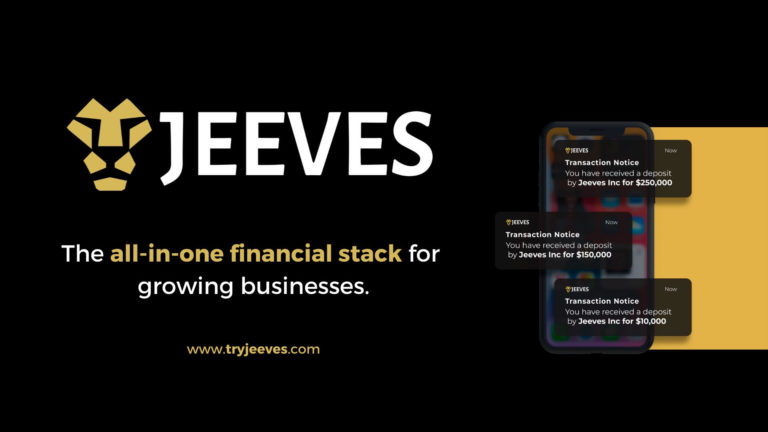
In a country where innovative startups abound, the availability of capital should never constrain promising businesses with tremendous growth and revenue potential. Unfortunately, the challenges of securing financing have crushed the hopes and dreams of many entrepreneurs, even those with world-changing ideas.
With traditional banks generally approving only two-thirds of business loans, smart founders and CEOs are looking for innovative ways to raise capital to scale their businesses. There are several ways to do it – so how should entrepreneurs go about choosing the right fundraising option?
Venture Capital
Venture capitalists and so-called angel investors have become synonymous with fundraising for startups. Venture capital (VC) has exploded in popularity over the last decade, with investment in Canada hitting an all-time high of $14.2 billion in 2021. There is more capital available, more global investors and more entrepreneurs than ever before, due in large part to the explosion of entrepreneurship during the pandemic. Though VC investment is more accessible than it once was, it’s still an expensive form of capital, and there are strings attached:
- VC investors take a stake in the equity of your company, potentially causing a dilution of control.
- It’s a laborious, time consuming due diligence process that can distract founders from their business focus to pitching investors.
- VC investors expect your business to grow rapidly “at any cost”.
- The release of VC funding may be contingent on hitting certain sales or revenue targets.
Traditional Debt
An alternative to VC funding for entrepreneurs is debt financing. This option doesn’t dilute control over the business, but the application and approvals process can be laborious and time consuming. Many entrepreneurs agree with the adage that time is money, finding that the stipulations of bank loans can be too daunting to hold appeal for those whose time and energy are better spent building their businesses. Some entrepreneurs have been known to take out expensive personal loans to fund their businesses at interest rates north of 45%.
The heightened level of risk at the early stages and low survival rate of startups means that debt lenders have to take on a lot more risk. As such, most wait for new companies to mature. Debt capital markets have been notoriously hard to crack for startups given their complexity compared to equity and their relatively high price of entry.
Jeeves Growth and Jeeves Working Capital
Outside of venture capital and debt financing through traditional banks and credit unions, funding options for startups and fast-growing businesses remain limited in Canada.
That’s why Jeeves created products such as Jeeves Growth and Jeeves Working Capital to fill this need in the market. Jeeves is a global, borderless fintech with a fully integrated financial platform spanning expense management, credit and funding. The purpose of Jeeves Growth and Jeeves Working Capital is to bring debt financing to founders and business owners of startups and fast growing companies, with the opportunity to scale with a financial stack that’s tailored just for them. What does that look like?
- No personal guarantees – founders don’t have to put their whole life on the line to access a loan.
- No loss of decision making ability or diluted control over your business.
- Fast access to capital – money in the bank in as little as 24 hours, because high growth startups don’t have 3-6 months to spend on loan applications.
- Ability to disperse funds in any currency, free of FX and exchange fees – because in 2022, your employees can be anywhere.
Jeeves solutions are as innovative as your business. Jeeves Growth Capital and Working Capital solutions give founders access to capital for a variety of reasons: to amplify marketing on proven and profitable products and services, to enhance an existing software-as-a-service (SaaS) platform to augment revenue, and to extend financing runway in between equity rounds to build up sales and revenue.
The traditional banking system isn’t set up to serve startups and small and medium enterprises. They have lower acceptance rates for tech and early stage companies given the higher level of risk. But, before trying to raise capital from any source, entrepreneurs, CEO and executives need to evaluate short, medium and long term goals, and where they may be at odds with each other. VC offers strategic and highly invested partners, while debt offers predictable obligations that can be planned around, tax deductible interest, and flexible collateral and repayment options. Knowing each option inside out is paramount for founders and business owners to secure the financing they need for growth.
William Lam is the General Manager of Jeeves in North America and he’s proud to live in Canada. Jeeves offers a strong suite of innovative products to meet the needs of Canadian founders and startup owners with a true corporate credit card, growth capital and working capital products.



Leave a Reply